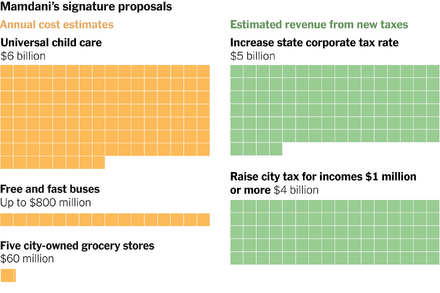Temporary Protected Status (TPS) continues to offer a temporary safe haven to hundreds of thousands of non-citizens in the United States. Its future,

Temporary Protected Status (TPS) continues to offer a temporary safe haven to hundreds of thousands of non-citizens in the United States, providing protection from deportation and eligibility for work authorization. Originating from the Immigration Act of 1990, TPS is granted by the Secretary of Homeland Security to eligible foreign nationals from countries experiencing conditions that make safe return difficult, such as ongoing armed conflict, environmental disasters, or other extraordinary and temporary conditions.
The question of “who still has” TPS is particularly relevant given a history of designations, re-designations, and termination attempts, notably during the previous administration, which led to significant legal challenges. As a result, the status of many long-term beneficiaries has been subject to court orders, maintaining their protections even as their original termination dates passed.
Current Designated Countries and Beneficiary Populations
As of recent designations and extensions, numerous countries are currently designated for TPS, covering a wide range of nationalities. These designations are periodically reviewed and can be extended, re-designated, or terminated based on evolving conditions in the home country. Countries presently designated for TPS include:
- Afghanistan
- Cameroon
- El Salvador
- Ethiopia
- Haiti
- Honduras
- Myanmar (Burma)
- Nepal
- Nicaragua
- Somalia
- South Sudan
- Sudan
- Syria
- Ukraine
- Venezuela
- Yemen
Among these, some of the largest populations of TPS beneficiaries come from countries like El Salvador, Honduras, and Haiti, many of whom have held the status for decades. The Trump administration had sought to terminate TPS for several of these long-standing designations, including El Salvador, Haiti, Honduras, Nepal, Nicaragua, and Sudan. However, federal court injunctions, stemming from cases like *Ramos v. Mayorkas*, largely blocked these terminations, allowing beneficiaries to retain their status and work permits while litigation proceeds through the appeals process, including potential review by the Supreme Court.
Legal Challenges and Long-Term Uncertainty
The legal battles surrounding the termination of TPS for long-designated countries have created a prolonged period of uncertainty for hundreds of thousands of individuals and their families. These court orders have effectively preserved TPS for beneficiaries from the affected countries, preventing their deportation and allowing them to continue living and working legally in the U.S. The Department of Homeland Security (DHS) has, in compliance with these court orders, issued notices to extend the validity of TPS-related documentation for these groups.
“The Department of Homeland Security continues to comply with the district court orders in *Ramos v. Mayorkas* and *Bhattarai v. Mayorkas*, which prevent the implementation of the prior administration’s terminations of TPS for El Salvador, Honduras, Nicaragua, and Nepal,” a DHS spokesperson stated in a recent announcement regarding extensions for affected beneficiaries. “This ensures that current TPS beneficiaries from these countries can maintain their status and work authorization while these legal challenges are ongoing.”
Beyond these litigated cases, the Biden administration has also used its authority to re-designate or extend TPS for several countries experiencing new or continued instability, such as Haiti, Sudan, and Afghanistan, and has designated new countries like Ukraine and Cameroon in response to evolving crises. These actions reflect the humanitarian purpose of TPS, offering protection to those unable to safely return home.
The fate of long-term TPS beneficiaries, particularly those from countries whose designations were previously terminated but are now protected by court orders, remains a central issue. A definitive resolution, potentially from the Supreme Court, is anticipated to clarify the legal parameters surrounding TPS terminations and the future of hundreds of thousands of individuals who have built lives in the United States under this temporary protection.
Source: Read the original article here.





